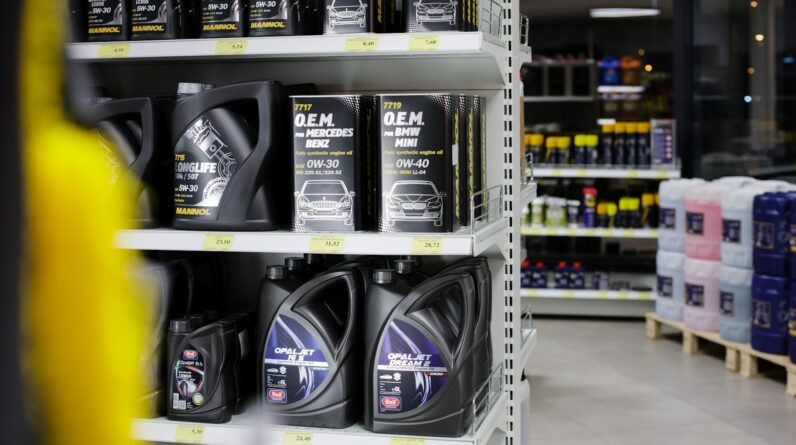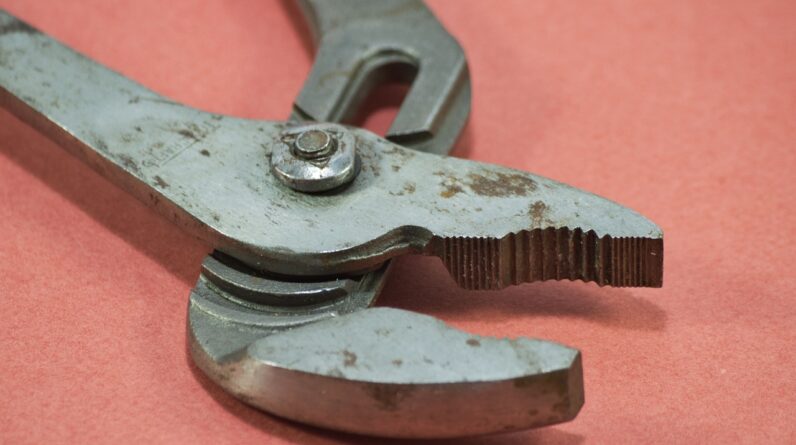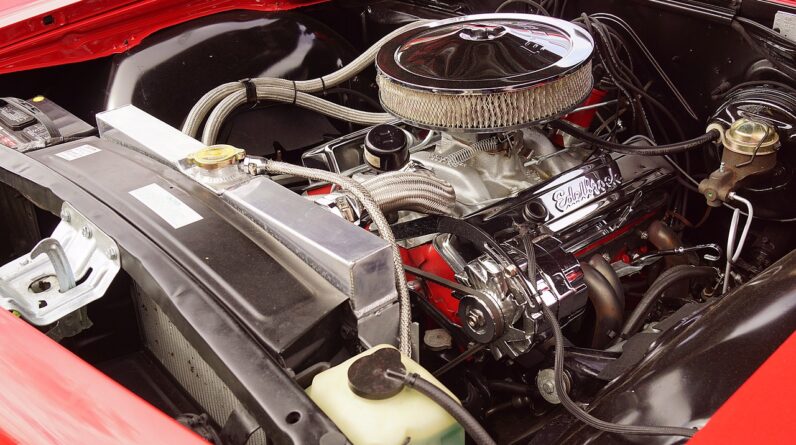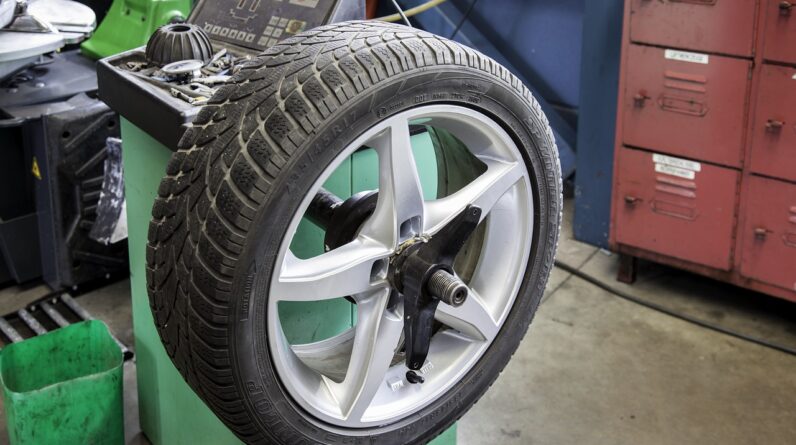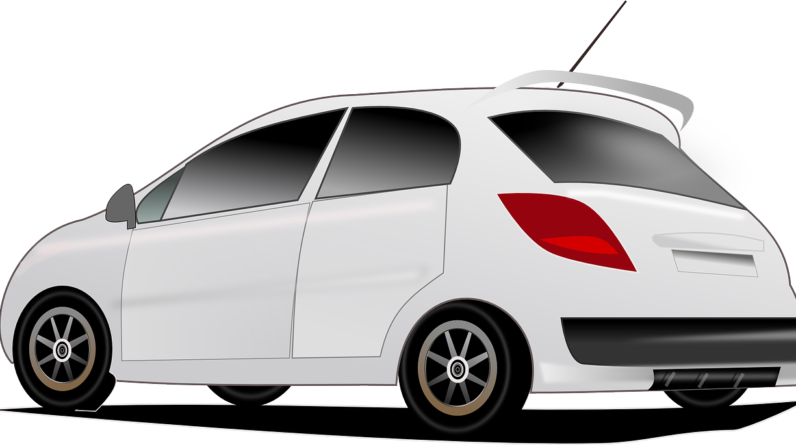
Discover the top car maintenance mistakes to avoid and keep your vehicle in peak condition. Save money, time, and stress by avoiding these common pitfalls.
Have you ever found yourself stranded on the side of the road because your car suddenly broke down? Car maintenance can be both a mystery and a chore for many of us, but knowing the common pitfalls can save a ton of unnecessary stress and expenses. Let’s talk about some of the top car maintenance mistakes to avoid and how to ensure your car stays in top-notch condition.

Not Checking Tire Pressure Regularly
Keeping your tires properly inflated is crucial, not just for your safety, but also for fuel efficiency and the longevity of your tires. Low tire pressure can lead to poor fuel economy and increased tire wear. Conversely, over-inflation can make your car’s ride stiffer and decrease traction.
How Often Should I Check?
Ideally, you should check your tire pressure at least once a month.
Why It’s Important
Properly inflated tires help you save money on fuel and extend the life of your tires. Also, accurately inflated tires ensure your safety on the road by providing better handling and grip.
Ignoring Oil Changes
Oil is the lifeblood of your car. It lubricates the engine and keeps everything running smoothly. Skipping oil changes can cause your engine to run inefficiently or, worse, lead to costly damage.
When to Change the Oil?
Most mechanics recommend changing your oil every 3,000 to 5,000 miles, although newer models can go even longer.
Consequences of Ignoring Oil Changes
Failing to change your oil can lead to sludge buildup, which can clog your engine and lead to permanent damage. This simple maintenance task can prevent a lot of problems down the road.
Skipping Scheduled Maintenance
Your car’s manufacturer has outlined a maintenance schedule for a reason—following it can keep your car running smoothly for years.
Understanding the Schedule
Refer to your owner’s manual to find out the recommended service intervals for your vehicle. These intervals include everything from tire rotations to fluid checks and filter replacements.
Benefits of Scheduled Maintenance
Regular maintenance checks help catch issues before they become major problems, saving you time and money in the long run.
Neglecting Brake Maintenance
Your brakes are one of the most critical components of your car. Ensuring they are in good working condition is vital for your safety.
Signs Your Brakes Need Attention
- Squeaking or grinding noises
- A soft brake pedal
- Vibrations when braking
Regular Checks
It’s recommended to have your brake pads inspected every 10,000 to 20,000 miles and replaced when necessary.

Forgetting About the Battery
Your car battery is essential for starting your vehicle and powering its electrical components. Forgetting to check its condition can lead to inconvenient breakdowns.
When to Check the Battery
Check your battery at least twice a year, preferably before winter and summer.
Warning Signs
- Slow engine crank
- Dim headlights
- Indicator light
Overlooking Coolant Levels
Your engine’s coolant is vital for keeping it at the right operating temperature. Ignoring the coolant can result in overheating, which can cause severe damage to your engine.
How to Check Coolant Levels
Ensure the engine is cool before you inspect the coolant level in the reservoir. If it’s low, top it up with the correct type of coolant as advised by your owner’s manual.
Importance of Coolant
Proper coolant levels help prevent your engine from overheating and maintain its efficiency.

Using Low-Quality Fuel
Using lower-than-recommended octane fuel in your car can affect its performance and may cause long-term damage.
Follow Manufacturer Recommendations
Always use the type of fuel recommended by your car’s manufacturer to ensure optimal performance and longevity.
Risks of Low-Quality Fuel
Low-quality fuel can lead to engine knocking, reduced performance, and even damage to internal components.
Not Replacing Windshield Wipers
Windshield wipers wear out over time and become less effective, which can reduce visibility and increase your risk of an accident.
When to Replace
Change your windshield wipers at least once a year or when they start to leave streaks or make noises.
Benefits of Good Wipers
Good visibility is crucial for safe driving, especially in adverse weather conditions.
Ignoring Dashboard Warning Lights
Dashboard warning lights are not just for show. They are there to alert you to potential issues that need immediate attention.
Common Warning Lights
| Symbol | Meaning |
|---|---|
| Engine Light | Engine or emissions issue |
| Brake Light | Brake system issue |
| Battery Light | Charging system issue |
| Oil Light | Oil pressure low |
| Coolant Light | Engine overheating |
Take Action
Never ignore these lights. Consult your owner’s manual or a professional mechanic to diagnose and fix the issue promptly.
Not Checking or Changing Air Filters
Air filters prevent dirt and debris from entering your engine. A dirty air filter can reduce engine efficiency and performance.
How Often to Change
Typically, you should replace your air filter every 15,000 to 30,000 miles.
Signs It Needs Changing
- Reduced fuel efficiency
- Engine misfires
- Strange engine noises
Wrong Tire Rotation
Tire rotation is essential for even tire wear, which can extend the life of your tires and improve handling.
Recommended Rotation Schedule
Most experts recommend rotating your tires every 5,000 to 8,000 miles.
Benefits of Rotation
Tire rotation ensures even wear and tear, leading to better handling and a longer tire lifespan.
Failing to Keep the Car Clean
Cleaning your car is not just about aesthetics. Dirt and grime can cause damage over time, especially to the paint and undercarriage.
Regular Cleaning
Wash your car regularly, including the undercarriage, to remove accumulated dirt and chemicals.
Protective Measures
Applying a wax coat can protect your car’s paint from UV rays and other harmful elements.
Overlooking Belts and Hoses
Belts and hoses are crucial for the proper functioning of various engine systems. Neglecting them can lead to breakdowns.
How Often to Inspect
Inspect belts and hoses at every oil change or at least twice a year.
Warning Signs
Look for cracks, fraying, or leaks, and replace if needed.
Not Lubricating Moving Parts
Many moving parts in your vehicle need regular lubrication to function smoothly.
Parts to Lubricate
- Door hinges
- Window mechanisms
- Suspension components
How Often?
Depending on your vehicle and driving conditions, lubricating parts once a year is usually sufficient.
Using the Wrong Fluids
Using the wrong type of fluids in your car can lead to serious damage.
Essential Fluids
| Fluid | Purpose | Recommended Frequency |
|---|---|---|
| Engine Oil | Lubricates engine parts | Every 3,000-5,000 miles |
| Transmission Fluid | Ensures smooth gear shifting | Every 30,000-60,000 miles |
| Brake Fluid | Ensures effective braking | Every 2 years |
| Coolant | Regulates engine temperature | Every 2-5 years |
| Power Steering Fluid | Ensures smooth steering | Every 50,000 miles |
Always Check Manual
Refer to your owner’s manual to ensure you’re using the correct type of fluid for your car.
Conclusion
Taking care of your car doesn’t have to be overwhelming. By avoiding these common maintenance mistakes, you can save yourself a lot of headaches and ensure your vehicle runs smoothly for years to come. Regular checks and timely maintenance are crucial. Always refer to your owner’s manual, and don’t hesitate to consult a professional mechanic when in doubt. Happy driving!


